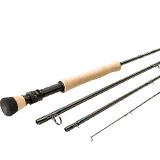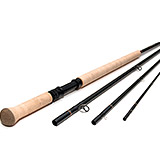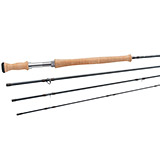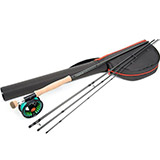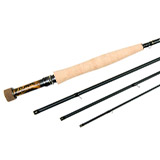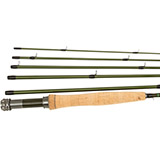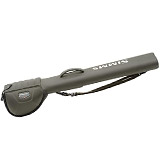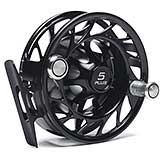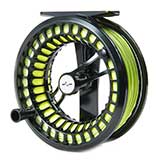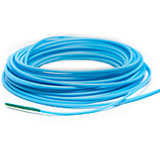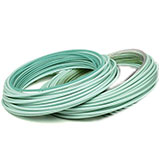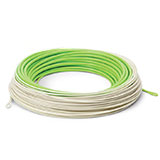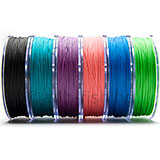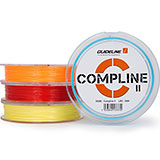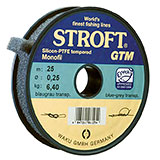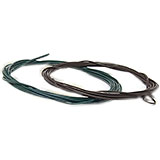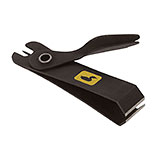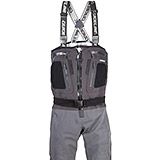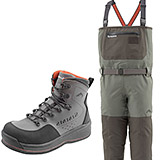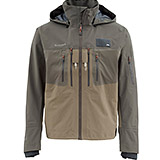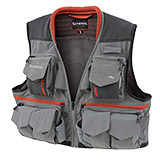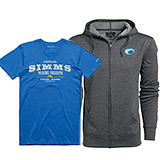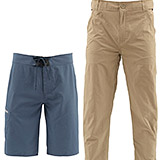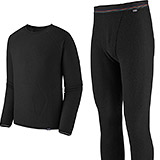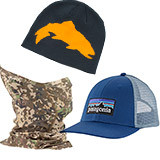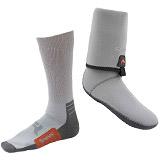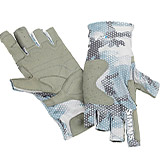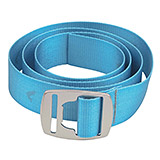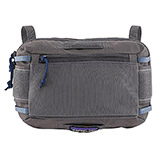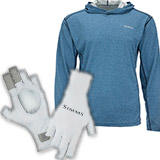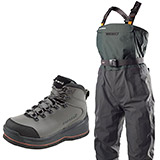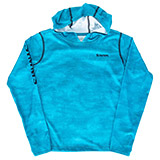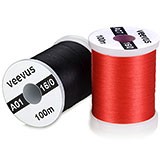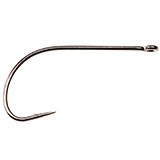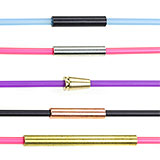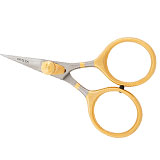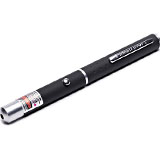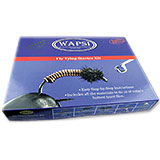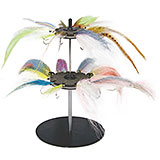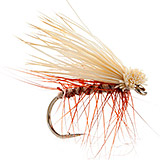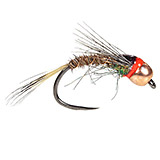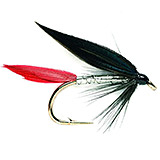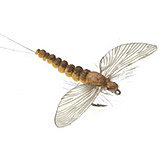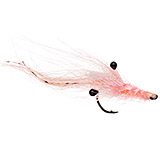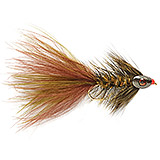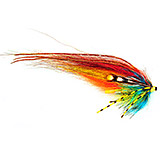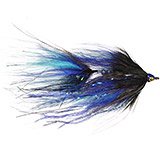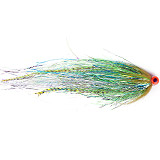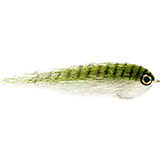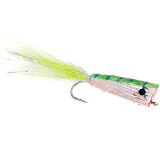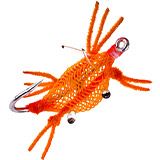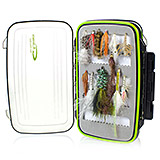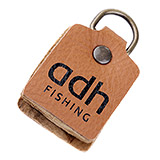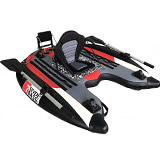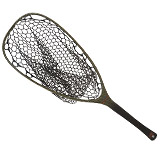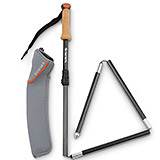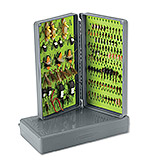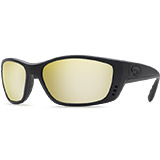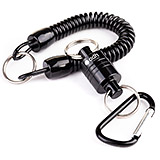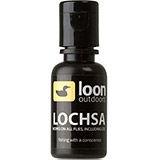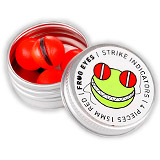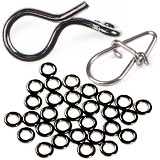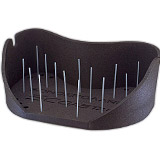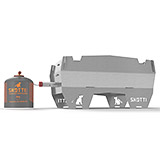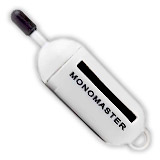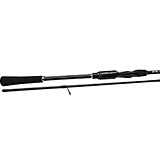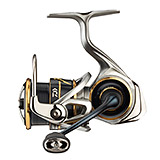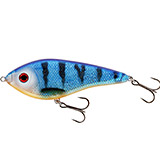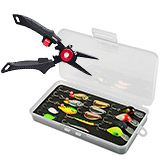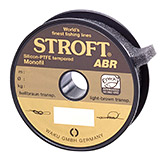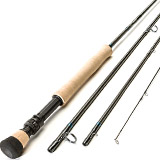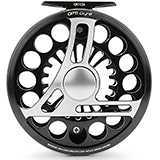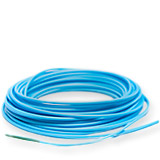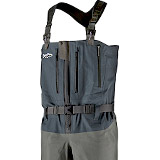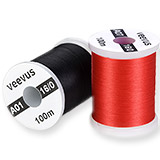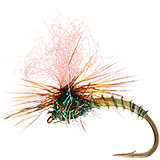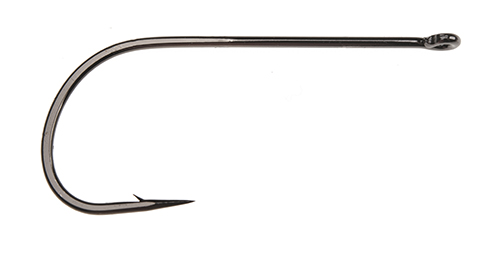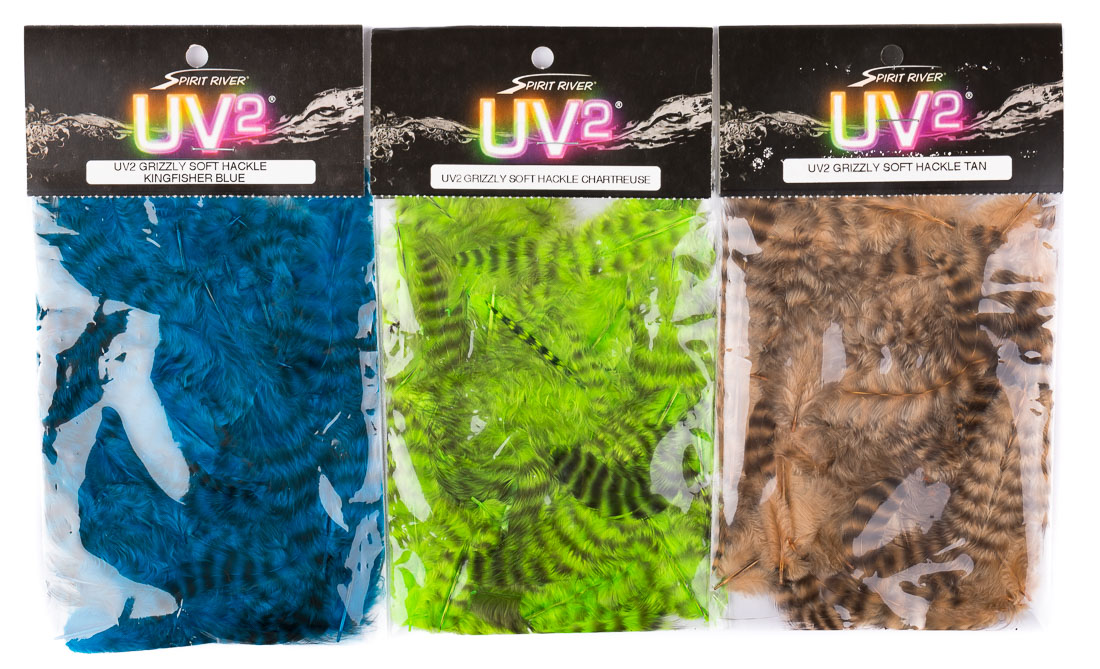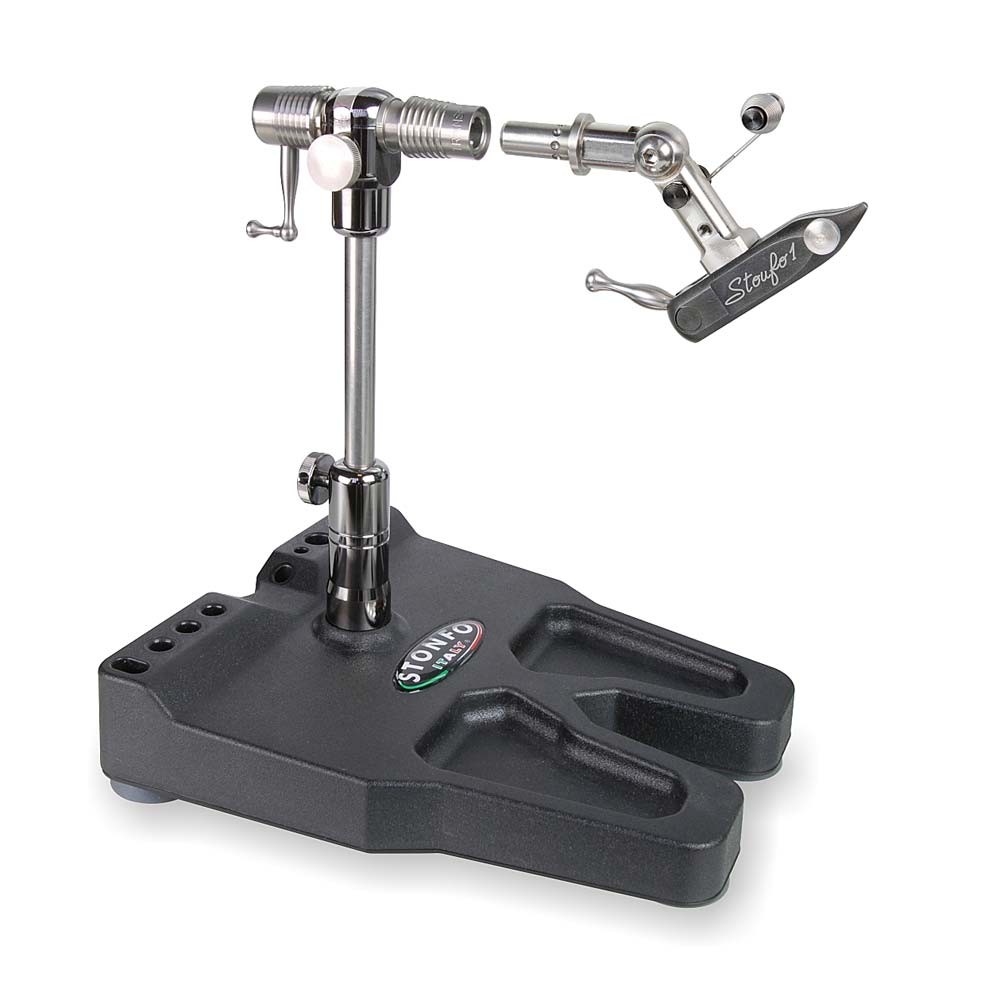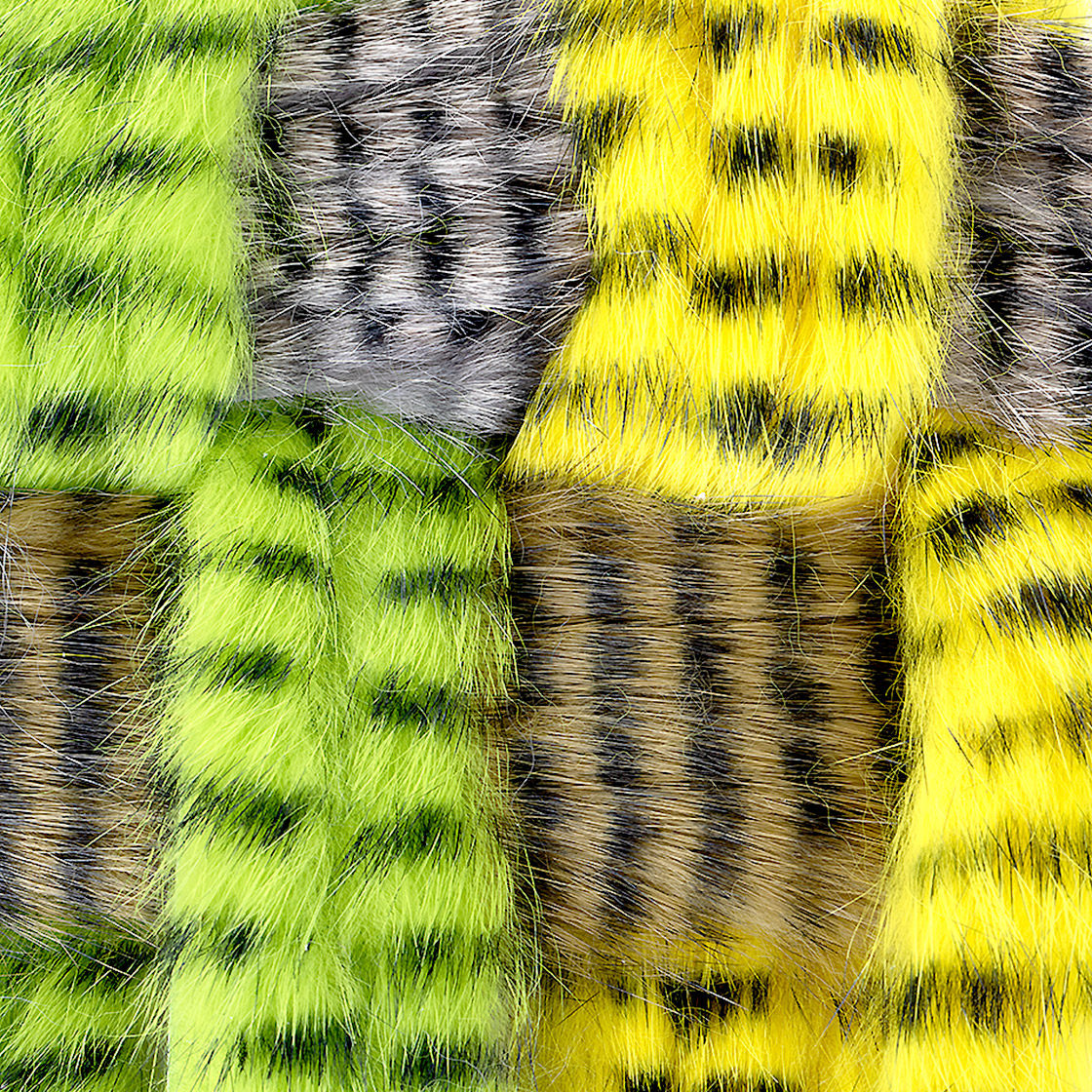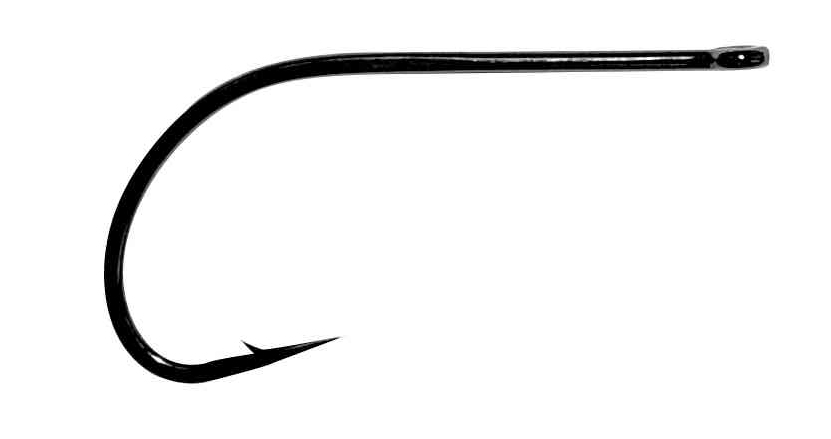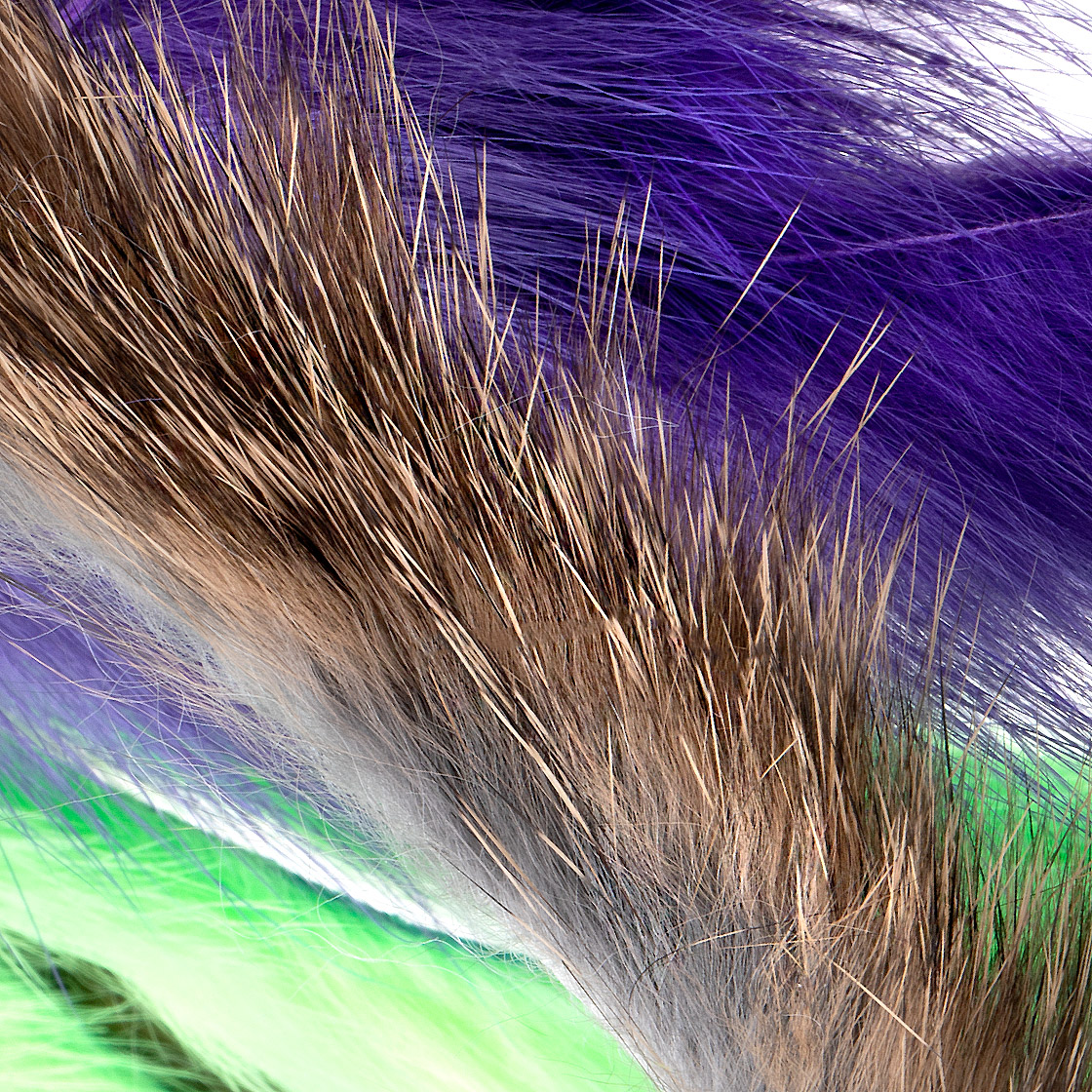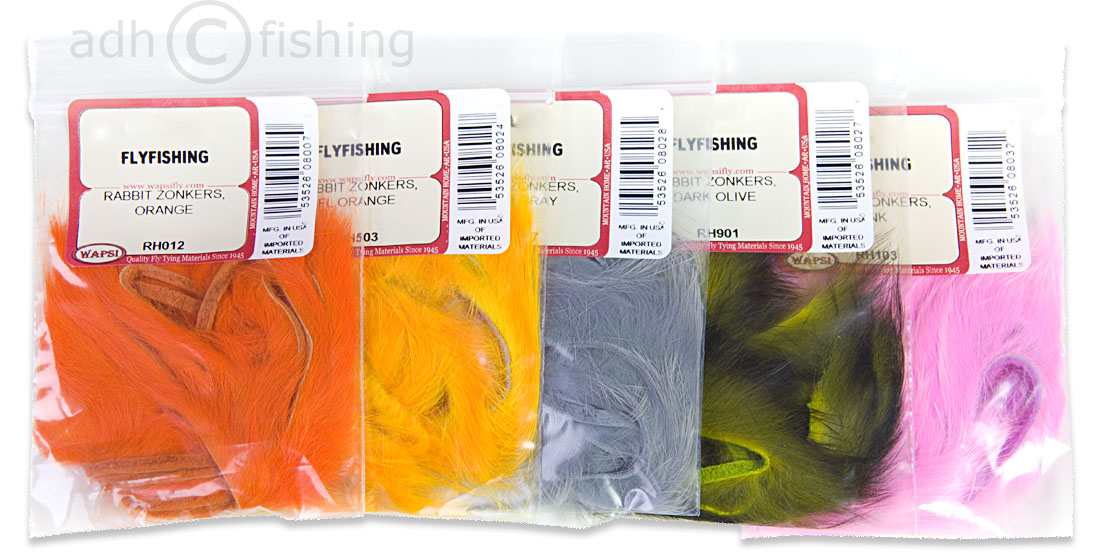Tying Video 'Articulated Sculpin Streamer' with Martin Rieck
For big trout, a bullhead is a welcome snack! Especially in spring at the beginning of the year, because the predators need to eat their fill to get back into shape after the spawning season. In this tying video, Martin Rieck presents his favorite pattern that perfectly imitates the small fish with the head-shaped body.
The 'Bullhead' (or 'Sculpin') is a small fish with a length of 8 - 10 cm that is at home at the bottom of clear rivers with a high oxygen content and a fast current. It is characterised by a very broad head and large, sail-shaped fins. It has a club-shaped body and large upward-set eyes that resemble a frog. The fish lives on the bottom prefers to hide under stones and leaves its hiding place mostly in the evening or at night. Bullheads are extremely poor swimmers. This makes them an easy prey for large Trout! When startled, Bullheads move quickly with short jumps to the next cover - this typical movement must be kept in mind when presenting a sculpin streamer.
Bullheads are mostly grey to light brown and have dark marbling and a pale, whitish belly. Natural zonker material is therefore perfect for tying a Sculpin streamer. And because the small fish mainly stay close to the bottom, it is important to give the pattern a good weight already at the fly tying table. The best way to do this is with the Sculpin Helmets from Fish Skull, whose shape is reminiscent of the typical large, broad and flat head of the Bullhead.
To increase the streamer's attractiveness, Martin ties his 'Articulated Sculping Streamer' with a shank. This provides extra movement and the special tying technique with a piece of nylon or fluorocarbon also ensures that the tail from the soft fur does not 'tail in' when casting - i.e. that the material does not wrap around the hook gap.
Tying Materials
For the 8 - 10 cm 'Articulated Sculpin Streamer' by Martin Rieck the following fly tying materials are used:
- Streamer hooks with straight shank in sizes #2 or #4 (e.g. Gamakatsu F314 or Ahrex Trout Predator)
- Sculpin Helmets from Fish Skull
- Spawn Fly Fish Super Shank Selection Box or Fish Spine Articulated Shank from Fish Skull
- Zonker in natural, brown, grey or olive (3 - 5 cm wide)
- Deer Hair (in matching colour)
- Grizzly Marabou (in matching colour)
- Flash (e.g. Glossy Flash or Mirror Flash) to imitate the lateral line organ
- Hard-Mono, Nylon or Fluorocarbon with .45 mm or more
Variations of this streamer can also be tied with thin Rubber Legs or Dumbbell Eyes.
Presentation
The perfect presentation of a sculpin streamer is close to the bottom. To imitate the typical sweeping movement of the Bullhead, the streamer can be placed on the bottom again and again and lifted slightly. This works easiest with a presentation upstream and on a raised rod - very similar to the presentation of a nymph in the style of the stretched line (Euro Nymphing). Alternatively, the streamer can also be served downstream. In this case it is important to create sufficient 'slack' after the streamer has touched down on the water. This prevents the current from exerting pressure on the fly line and leader so that the streamer can sink freely. To increase the sink rate of the Sculpin Streamer, we prefer to fish it on a short sink tip. In combination with a relatively short, untapered leader (e.g. 160 - 180 cm long and .25 mm thick) it is much easier to achieve a natural presentation of the sculpin streamer with a fast sinking tip of the fly line. A third, very catchy presentation looks like this: The streamer is cast upstream to the opposite bank. As the pattern sinks and the fly line drifts downstream, the line is mended 2-3 times upstream. This allows the streamer to reach the bottom more quickly. As soon as the fly line is at our own height, the streamer is brought to our own bank with short, brisk strips. Now it bounces over the bottom and is even more reminiscent of Bullhead jumping over the river bottom in search of cover.
We hope you enjoy re-tying this streamer. Tight lines for your next trip to the Trout river - with the 'Articulated Sculpin Streamer' by Martin Rieck, of course!

